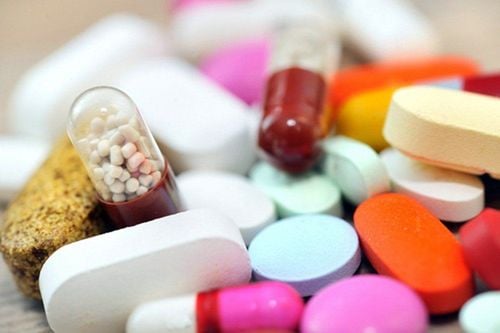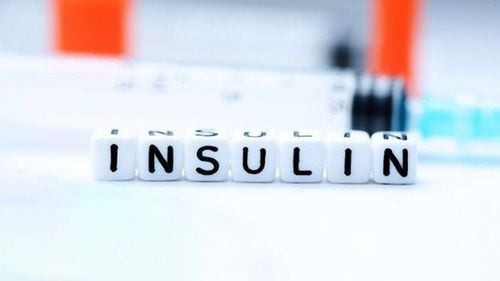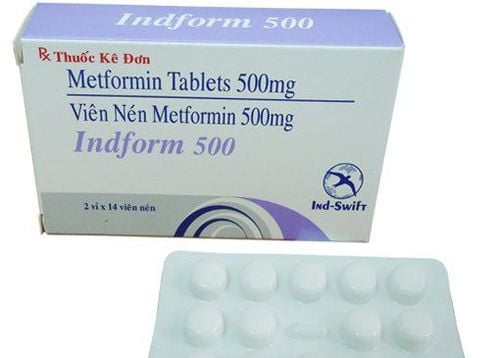This is an automatically translated article.
The article was professionally consulted by a doctor of the Department of Diseases & Internal Medicine, Vinmec Nha Trang International General Hospital.Diabetes is a chronic disease that progresses over time and requires lifelong medication. Therefore, it is very important for each patient and family to have a good understanding of the diabetes drugs being used and the possible side effects of diabetes drugs. .
1. Groups of drugs to treat diabetes
Groups that increase the sensitivity of cells to insulin hormone: biguanide group (metformin), thiazolidinedione group (rosiglitazone, pioglitazone), DPP-4 enzyme inhibitor group (sitagliptin), GLP-1 receptor agonist group (exenatide). The group of drugs that stimulate insulin production in the pancreas: the sulfonylurea group (glipizide, gliclazide, glimepiride), the glinide group (nateglinide, repaglinide). Drugs that slow down the absorption of glucose/fat in the intestines: alpha glucosidase (acarbose) starch-digesting enzyme inhibitors, lipase inhibitors (orlistat). Insulin: classified by duration of action (fast-acting, short-acting, medium-acting, slow-acting, premixed insulin...).
Mỗi nhóm thuốc điều trị đái tháo đường đều có những tác dụng phụ
2. Be careful with antidiabetic drugs
2.1 Beware of side effects of hypoglycaemia
The oral antidiabetic drugs all have the same therapeutic goal of lowering blood sugar. However, when the drug is used inappropriately, with too high a dose or used without a meal, it can cause hypoglycemia.Hypoglycemia is blood sugar that is lower than normal, severe hypoglycemia can lead to loss of consciousness and coma.
The group of drugs with a high risk of hypoglycemia are: sulfonylureas, glinides and insulin injections.
2.2 Side effects causing weight gain
A side effect of some diabetes drugs is that it can cause weight gain, but not much (1-2kg). The group of drugs to pay attention to this side effect is: sulfonylurea group, glinide group, thiazolidinedione group (weight gain about 2-4kg/24 months due to increased subcutaneous fat storage and partial water retention).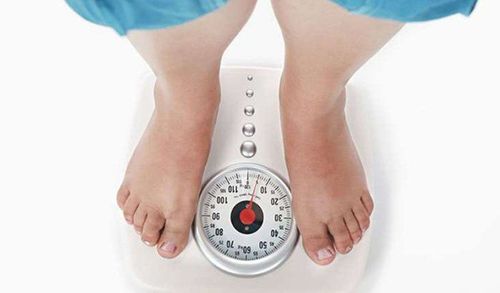
Tăng cân có thể là tác dụng phụ thường gặp ở thuốc điều trị bệnh tiểu đường
2.3 Diabetes drugs cause digestive disorders
Some drugs can cause digestive disorders such as bloating or diarrhea (metformin), especially in the early stages, side effects will be reduced or completely avoided when using a low dose and then gradually increasing and taking the drug. after eating. In addition, in case patients taking acarbose slow down the digestion of carbohydrates in the intestinal lumen, long-time diabetic drug users will have a feeling of fullness and bloating. Side effects may or may not disappear when the dose is reduced or the drug is discontinued.2.3 Group of drugs with caution in patients with heart failure
Thiazolidinediones (pioglitazone, rosiglitazone) should be treated with caution in patients with heart failure or heart disease because the drug causes fluid retention. In addition, this group of drugs should also be used with caution in patients with hepatitis or with elevated liver enzymes.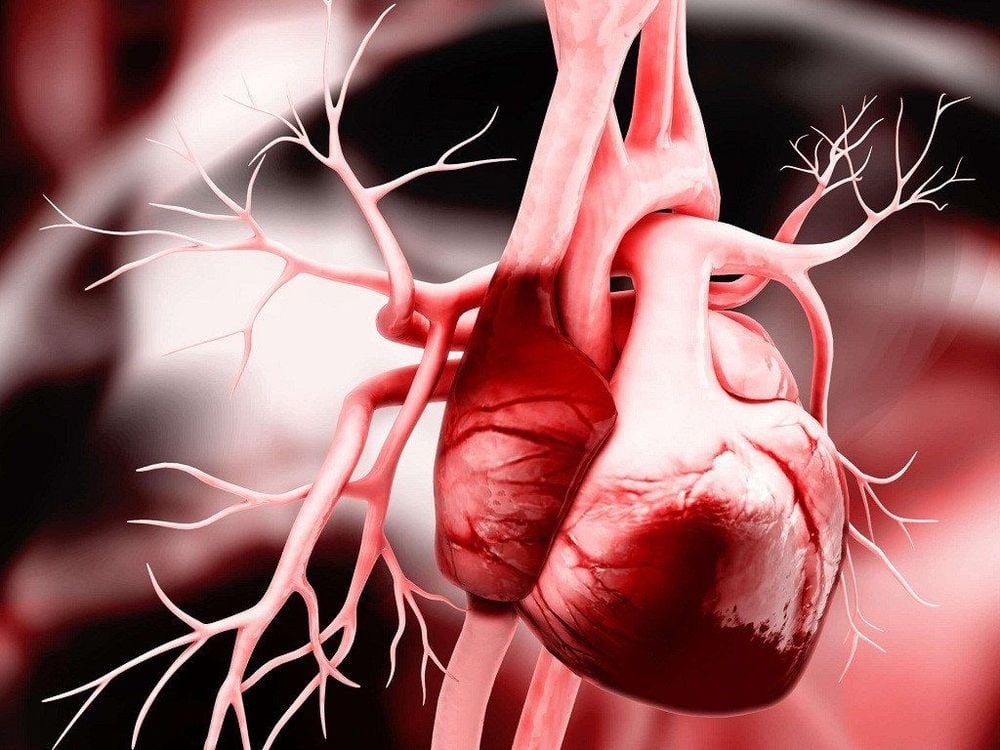
Bệnh nhân suy tim nên thận trọng với nhóm Thiazolidinedione (pioglitazone, rosiglitazone)
2.4 Do antidiabetic drugs cause kidney failure?
Diabetes drugs cause kidney failure is a misconception. Currently, diabetic nephropathy is very common, especially in patients with poor treatment, so many people believe that diabetic nephropathy is caused by long-term drug use. Good control of blood glucose levels with medication will help reduce the likelihood of kidney disease due to diabetic complications. This is explained by the fact that 1% HbA1c will help reduce small vessel complications such as retinopathy, neuropathy, diabetic kidney disease... When a patient has kidney failure, many drugs Diabetes should not be continued because the drug cannot be eliminated from the body, causing accumulation of the drug and increasing the risk of hypoglycemia. However, stopping the drug will have adverse effects on the kidneys. At that time, insulin injections are the safest method and have fewer side effects.2.5 Antidiabetic drugs cause allergies
DPP-4 enzyme inhibitors can cause an itchy rash on the skin, accompanied by swelling of the eyes and face. This side effect may disappear with discontinuation of the drug and may recur when taking it again. Drug allergy symptoms: urticaria, edema, pharyngitis, upper respiratory infection, joint pain... Need to consult a doctor to consider the use of the drug
Nhóm ức chế enzym DPP-4 có thể gây nổi mề đay
3. Some drugs need to be taken with caution when used with antidiabetic drugs
3.1 Anti-inflammatory corticosteroids
Corticosteroids have many side effects for diabetics such as: causing indirect hyperglycemia, reducing the effect of antidiabetic drugs, reducing glucose tolerance, the risk of ketosis causing vomiting, abdominal pain, convulsions, neurological symptoms appear...Therefore, diabetics need to limit the use of corticosteroids or use them under close supervision by doctors and adjust the dosage of all types of drugs. appropriate diabetes medication.
3.2 Anti-inflammatory drugs, pain relievers NSAIDs
Medicines such as ibuprofen, diclofenac, naproxen... reduce pain by inhibiting the synthesis of prostaglandins - substances involved in the blood sugar regulation mechanism, increasing the risk of hypoglycemia. NSAIDs bind strongly to plasma proteins, which will push antidiabetic drugs such as gliclazide, glibenclamide, chlorpropamide from binding to plasma proteins, causing hypoglycaemia.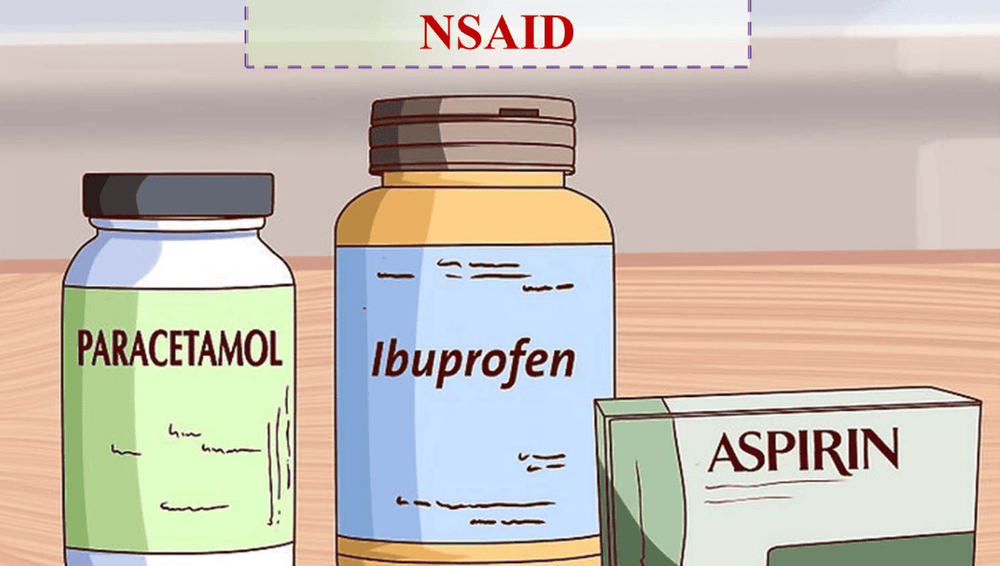
Thuốc kháng viêm, giảm đau NSAIDs cần thận trọng khi dùng cùng với thuốc điều trị đái tháo đường
3.3 Gout drugs allopurinol and derivatives
Allopurinol is a medicine for acute and chronic gout by reducing the production of uric acid in the body. Allopurinol may inhibit renal tubular secretion of chlorpropamide with a risk of severe hypoglycaemia. Therefore, patients with diabetes should not use this drug.3.4 TB drug rifampicin
Rifampicin reduces plasma concentrations of tolbutamide (Sulfonylurea group) by inducers of cytochrome P450 enzymes. This is a type of drug-metabolizing pharmacokinetic interaction.3.5 Diuretics
Thiazide diuretics reduce the sensitivity of tissues to insulin, reduce insulin secretion, increase blood glucose.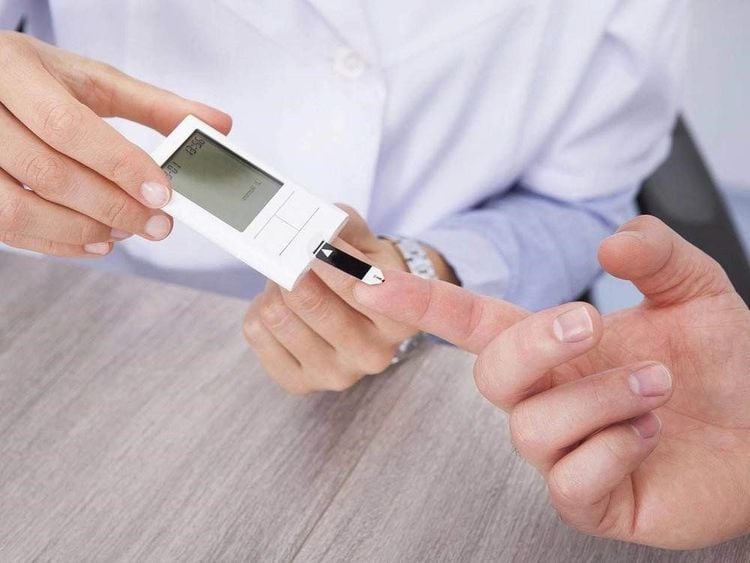
Thuốc lợi tiểu thiazid làm tăng glucose máu.
3.6 Antifungal drugs
When patients with diabetes are treated for fungal skin, hair, and vaginal yeast infections, it is important to note that imidazole antifungal drugs such as miconazole, ketoconazole, itraconazole... because these drugs inhibit cytochrome P450, increase their effects. hypoglycaemia, can easily cause complications.3.7 Beta Blockers
Beta-blockers may mask symptoms of hypoglycemia, which can lead to hypoglycaemic coma, symptoms that may be masked are tachycardia, sweating, tremors, nervousness, anxiety .3.8 Beta sympathomimetic drugs
Medicines for colds and flu containing the active ingredient ephedrine - a sympathomimetic will reduce the effect of antidiabetic drugs by causing an increase in blood glucose.
Thuốc điều trị cảm cúm sẽ làm giảm tác dụng của thuốc điều trị đái tháo đường
3.9 Gastric acid secretagogue cimetidine
Cimetidine reduces renal clearance of Metformin by inhibiting renal excretion, increases serum Metformin concentrations, enhances the pharmacological effects of Metformin and may cause hypoglycaemia.3.10 Thyroid hormone
Levothyroxine for hypothyroidism can throw antidiabetic drugs out of balance because Levothyroxine increases insulin requirements.Currently, Vinmec International General Hospital is providing a Diabetes Screening Package to help patients detect the disease early and improve treatment efficiency.
To register for an examination at Vinmec International General Hospital, please book an appointment on the website for service.
Please dial HOTLINE for more information or register for an appointment HERE. Download MyVinmec app to make appointments faster and to manage your bookings easily.





